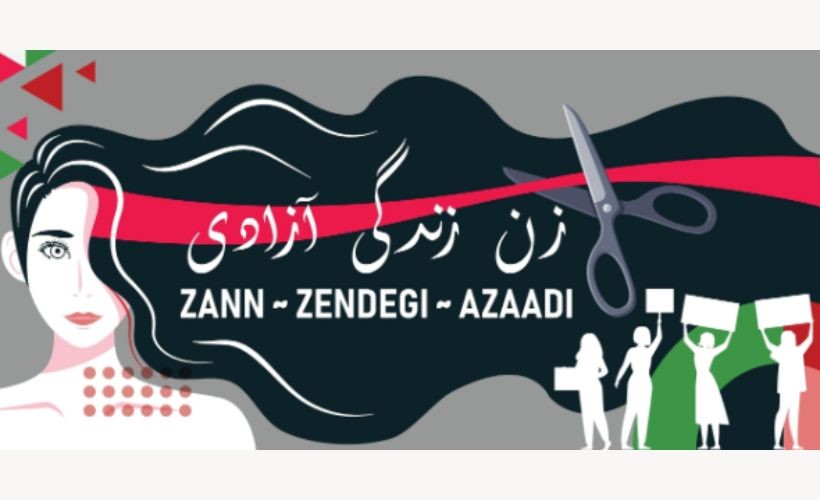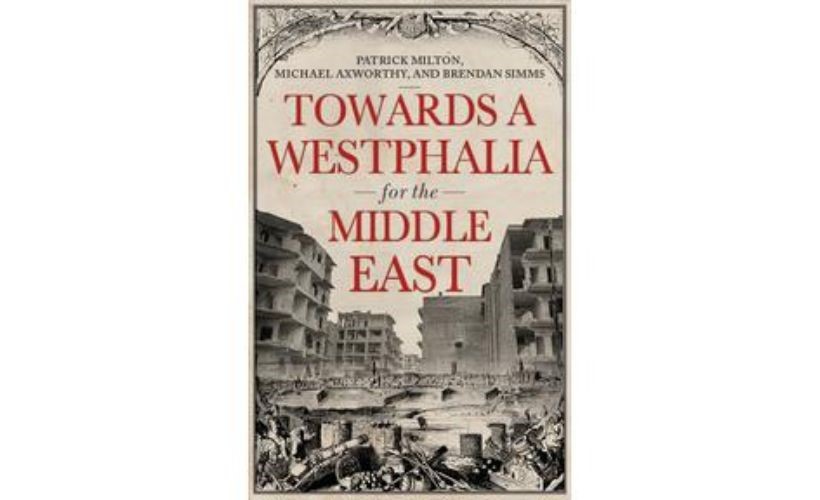by Philipp Hirsch, former Research Assistant
On the 24 March, the Centre for Geopolitics hosted a panel on Israeli-Gulf relations, discussing the establishment of diplomatic relations between Israel and both the UAE and Bahrain in August 2020 through the Abraham Accords. Speakers were Sanam Vakil (Chatham House), John Raine (IISS) and Sebastian Sons (CARPO). The debate was chaired and moderated by Philipp Hirsch (CfG). The speakers managed to illuminate the relationship between various Gulf actors and Israel from a number of angles. Over the hour, themes such as conflict with Iran, the Palestinian question, inner-GCC relations and economic reform were discussed. The one theme, which seemed to connect all of these factors, was change.
To begin with, there is technological change. The smaller Gulf countries in particular have long decided to see their future in the area of digitalization. For Saudi Arabia, too, Vision 2030 is seen as fundamentally linked to embracing technological advancements and progress. But adapting to technological change is not only limited to the economy, but also pertains to the area of security. Here, debates evolve around cyber security and high-tech warfare. This makes start-up nation Israel an attractive partner for the Gulf states, and technology seems to be one area to watch for further cooperation to develop.
Then, there is generational change, which the speakers brought up time and again. The population of the Gulf countries is, on average, young. In addition, their leadership tends to be young, too. As a result, the Gulf states are now keen to embrace new technologies (see above), but generational change goes further than that. Issues that mattered significantly in previous decades within Arab politics are losing pertinence. A major consequence is the disappearance of the Palestinian question as a major concern for the Gulf states. It still matters, but by no means as much as it used to in the past. Generational change in both the population and the leadership of the Gulf states opens up avenues for alliances, which only a few years ago would have seemed unthinkable.
Finally, change also pertains to the area of geopolitics. It is clear that both the Obama and Trump presidencies shook the faith in the reliability of the US as a partner. This seems as true for the Gulf states as it is for Israel, providing a further element of connection between the two. Further cooperation in the security sector between Israel and the Gulf states increases independence from the US, while also providing more leverage in Washington. A new, informal security architecture for the Gulf might be in the making, although it was on this point where there was the most disagreement between the panelists. Clearly, it is yet to be seen whether the framework of the Abraham Accords can really be filled with life in the area of security cooperation. Much will also depend on the policy of the Biden administration towards the Gulf as well as on Iran’s strategic response to the Accords, which does not seem clear yet.
When the Accords were signed, they were commonly interpreted as a joint response of the Gulf states and Israel against a perceived Iranian threat. Yesterday’s debate showed that, while this depiction is not incorrect, the picture is in fact a lot more nuanced and complex. A much wider range of interests and developments has brought about this potentially quite momentous shift in the geopolitics of the Gulf. In that sense, the Abraham Accords themselves are less of a revolutionary act and rather represent a manifestation of much deeper, latent transformation of the Gulf – on a political, economic and social level. It will depend on the further direction of change whether the Accords largely remain a loose diplomatic framework or represent the starting point for fundamental cooperation between Israel and the Gulf states. Then, they truly would represent a new chapter for the geopolitics of the Middle East.







